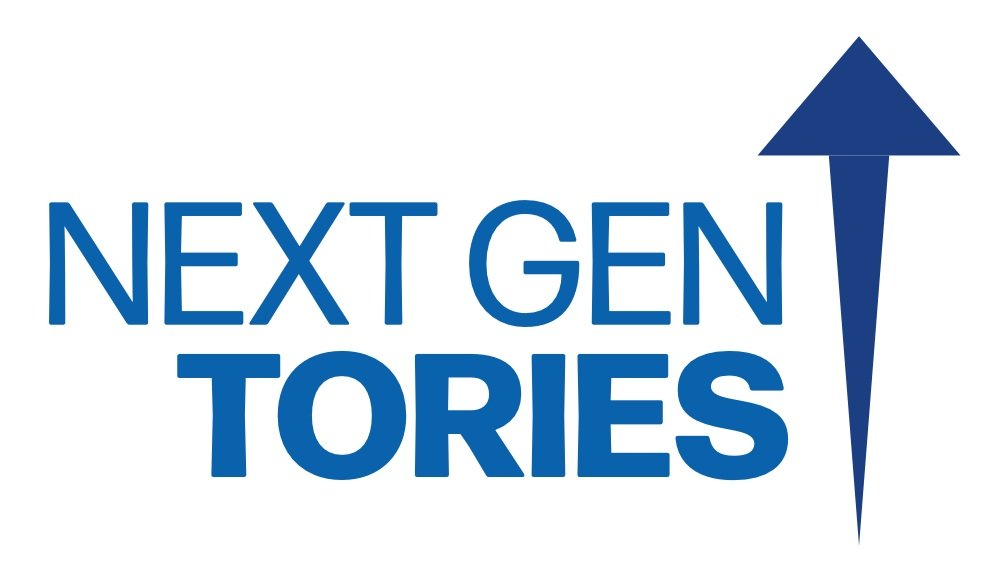Innovating in house building to fuel innovation in Cambridge
Akhila K Jayaram, PhD Student, University of Cambridge
In the Spring budget, Jeremy Hunt announced £1.8 billion of tax credits for research and development. £80 million was further earmarked for investment zones across the UK around research institutes and universities. In March 2023, Cambridge University’s economic impact was valued at £30 billion by a London consultancy.
These statistics are promising in terms of science and innovation contributing to UK’s growth. However, there is a problem. The average house price in Cambridge is a staggering £583,000, with rents are on par with London prices. However, average salaries lag considerably. A postdoctoral researcher starts off with a salary of £32,000 per year. This amount is not sufficient by any means to buy a house, when over 50% of the monthly income is spent on rent. How can we expect young researchers and entrepreneurs who are key to driving innovation to do so when they are held back by lack of affordable housing?
An immediate solution is to start building gentle-density housing communities around the city. To some extent, Cambridge University has already done this around the Eddington site to the west of the city. Rents are subsidised and allocated to staff members. Problem areas such as infrastructure and sustainability, which are usually reasons for planning permission rejections, were addressed by building a school, nursery, shops and community spaces. Despite this, demand still outstrips supply and that is why we must look even further, such as in South and East Cambridgeshire.
When additional housing is suggested, the opposition comes from existing residents who speak about pressures on existing infrastructure as well as overcrowding. While the latter is a reality of living around economically active cities and cannot be avoided, the former can be addressed. Residents’ fears about infrastructure can be allayed by creating new schools, GP surgeries and community centres exclusive for the proposed communities. These communities can also create some much needed laboratory space for smaller startups who cannot afford to rent existing spaces in the city.
While the university is the largest employer, Cambridge also commands attention from a range of companies such as Amazon, Microsoft, Amgen and so on. An idea would be to create and adapt communities as executed in Eddington with a public-private partnership of the councils and these organisations. They have a vested interest in retaining top-tier talent in the Cambridge area while councils benefit from investment into infrastructure for their regions. Not every intervention into the housing sector has to be top to bottom and the Cambridgeshire region might be a sandbox for other such innovative housing zones across the country.
Akhila is a Cambridge University Biophysics PhD Student and Chair of Polygeia, a UK-based organisation designed to empower students and graduates to research and write policy on global health issues.

